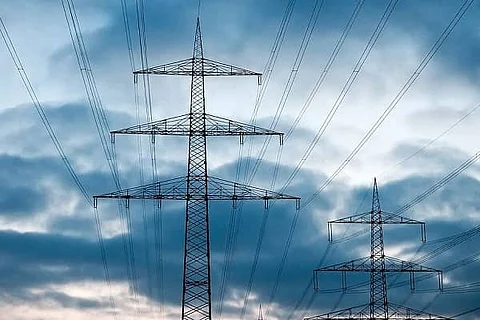
- News Updates
- PSU Watch
- Defence News
- Policy Watch
- हिन्दी न्यूज़
- Jobs Watch
- States News
- Event News

New Delhi: The draft standard bidding document for privatisation of discoms released by the Ministry of Power in September has received flak from the All India Power Engineers Federation (AIPEF), which has claimed that the draft is not aimed at reforming the power sector but privatisation of discoms across the country. The draft provides guidelines to states who want to offer their power distribution companies (discoms) to private players to improve operational efficiency and finances. It was released by the government on September 22 and comments were sought from various stakeholders until October 5.
"The intention of the Ministry of Power in rushing through SBD is not to reform the power sector but to thrust privatisation of the power sector across the country," AIPEF spokesperson VK Gupta said in an official statement released on Friday.
In its comments, the AIPEF has written that before considering the guidelines, the fundamental issue of privatisation of discoms itself is not agreed to since it is a state subject. "It appears that the central government has taken the decision regarding privatization of distribution utilities(discoms) across the country," said Gupta.
"Rental for the land at a nominal rate in SBD implies an invisible subsidy to the private company. This means an incremental hidden profit to the private player, which needs to be quantified," the statement said.
The statement pointed out that densely populated urban clusters are the ones that generate revenues for discoms who in turn deploy the same for cross-subsidization of consumer groups in sparsely populated areas where the unit cost exceeds the unit revenue. It added that by transferring such revenue-rich clusters to private players with 100 percent equity share, the government will hurt the interests of discoms.
Asserting that discoms are already under financial stress and the tariffs still have a gap between the average cost of supply and average revenue, the AIPEF said that in this scenario, allowing profit-seekers to operate will not solve the financial crunch but rather deteriorate it. "Further AT&C (aggregate technical & commercial) losses are not a reliable parameter for bidding. The bidding format should encourage private players to make optimal investments to reduce technical losses and improve the quality of the power supplied," the statement said.
(PSU Watch– India's Business News centre that places the spotlight on PSUs, Bureaucracy, Defence and Public Policy is now on Telegram. Join PSU Watch Channel in your Telegram and stay updated.)
